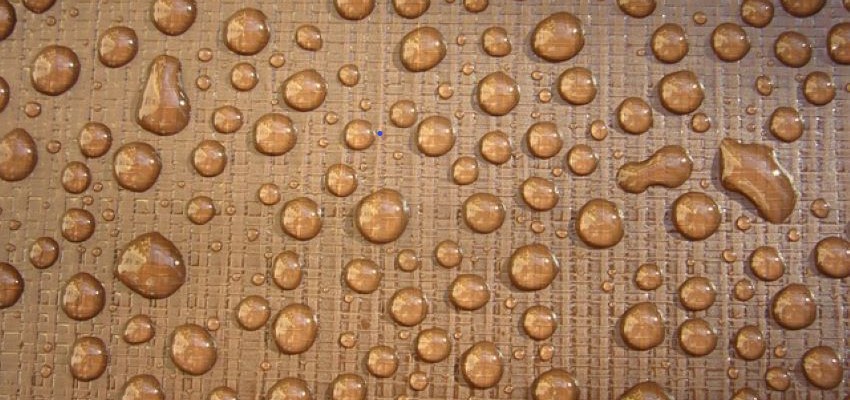The European Chemicals Agency (ECHA) has proposed to the EU Commission to ban the production and marketing of perfluorinated alkyl substances (PFAS). A decision is not expected before 2025.
PFAS are still present in many industrial and consumer products due to their properties. They make textiles and surfaces dirt and grease repellent. The more than 10,000 known compounds are difficult to biodegrade and accumulate in the environment. They are therefore also referred to as " forever chemicals". Due to their widespread use and diverse application, an immediate abandonment of these chemicals is hardly conceivable at present, as there is a lack of safer and equivalent alternatives.
Therefore, it must first be investigated which applications and compounds pose particularly high risks for undesirable inputs into the food chain and the environment and how products containing PFAS can be safely recycled or disposed of in the future.
According to a statement by the German Federal Institute for Risk Assessment (BfR), the main sources of intake for humans are animal foods and drinking water. Currently, only four indicator compounds (PFOS, PFOA, PFNA, PFHxS and their sum) are .
Analytically, these compounds represent a major challenge for all laboratories. Very low limits of determination in the ppb range are required. To achieve these in routine operation, the highest purity requirements must be placed on the laboratory environment. Possible sources of contamination, e.g. from syringes, filters, tubing, laboratory equipment and chemicals, must be checked and permanently excluded in an elaborate validation process.
YOUR PLUS: The AGROLAB laboratories carry out PFAS residue tests by accredited methods in food and feed as well as in drinking water, wastewater and other environmental samples. The testing spectrum for marketability tests includes the four indicator compounds and their sum. Our screening procedure is based on the current EU monitoring programme and includes additional 17 compounds.
Further reading:
Author: Dr. Frank Mörsberger

 Contact
Contact

 Contact
Contact Career
Career